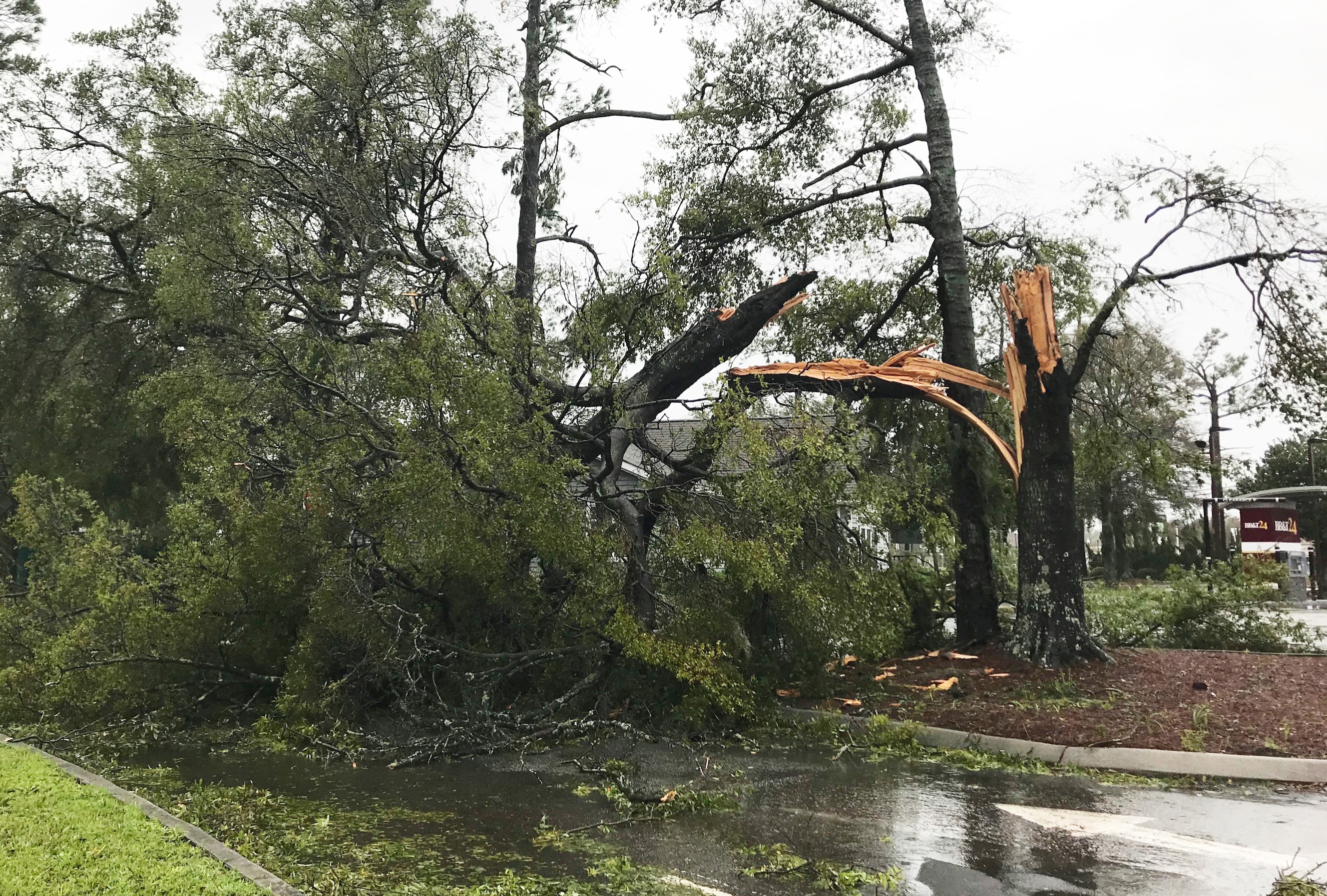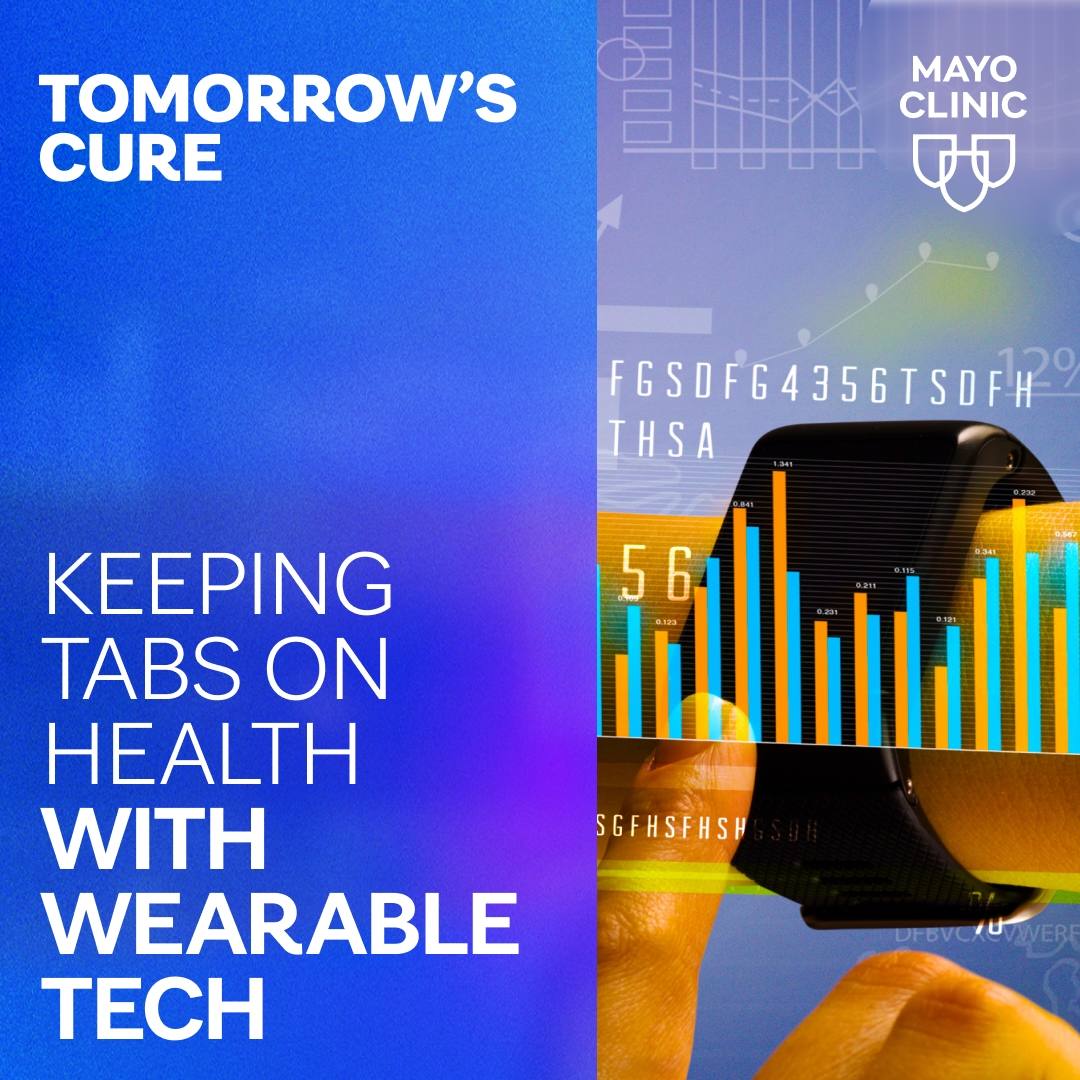-
Mayo Clinic Minute: After the hurricane concerns
Areas of the Carolinas remain flooded and are without power. Residents face a long recovery effort after Hurricane Florence moved through these coastal states. Now there are also concerns for what cannot be seen: risks of bacterial infection.

Journalists: Broadcast-quality video (1:00) is in the downloads. Read the script.
A moment of calm, then the storm followed by new concerns for those affected by the powerful aftermath of a hurricane
Recovery after a natural disaster may take days, weeks or even months.
The early stages may mean lack of water and electricity. And, without power, refrigerated food may spoil, putting people at risk of a foodborne illness like salmonella.
And without access to clean water, Dr. Pritish Tosh, a Mayo Clinic infectious diseases specialist, says, "Bacterial risks increase for E. coli, Shigella, other types coliform bacteria, things that normally you would see in stool and can cause diarrheal diseases."
"In an aftermath of a natural disaster, such as a hurricane, people may be tempted just to drink whatever water they get their hands on, assuming it’s safe or not knowing what the consequences could be," says Dr. Tosh.
If bottled water is not available, Dr. Tosh says one minute of a roiling boil is sufficient to kill bacteria in water.







